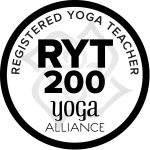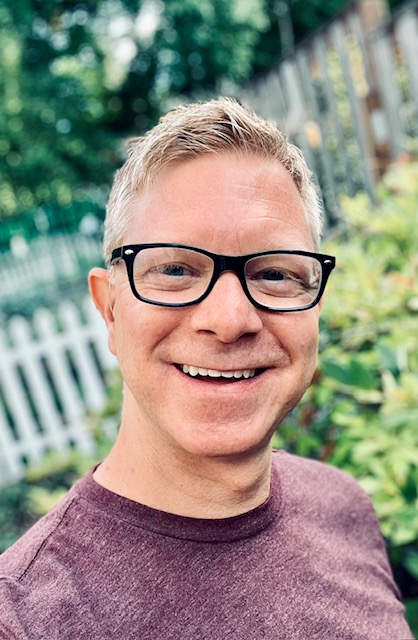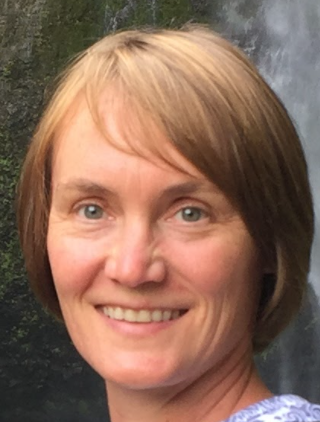200-hour yoga teacher training certificate – Ayurvedic yoga health program

Get in touch
- Amy Evans, Program Coordinator
- phone 971-722-6672
- envelope Email [opens in new window]
- pencil Request information
- calendar Course calendar
- video Webinar
- graduation cap Earn college credit
 Portland Community College offers a 200-hour yoga teacher training that provides a comprehensive foundation in yoga practice, philosophy, and teaching methodologies. This dual certificate yoga teacher training program integrates Ayurvedic principles, helping students develop a holistic approach to wellness and mindful movement. Through in-depth instruction, hands-on practice, and expert guidance, participants gain the skills needed to confidently lead classes and support students on their yoga journey.
Portland Community College offers a 200-hour yoga teacher training that provides a comprehensive foundation in yoga practice, philosophy, and teaching methodologies. This dual certificate yoga teacher training program integrates Ayurvedic principles, helping students develop a holistic approach to wellness and mindful movement. Through in-depth instruction, hands-on practice, and expert guidance, participants gain the skills needed to confidently lead classes and support students on their yoga journey.
By completing this yoga teaching training, graduates will be fully equipped to become a certified yoga teacher, empowering others while deepening their own practice. Graduates also earn their Ayurverda Health Advisor certificate, expanding their options for working with clients.
Our program allows flexibility of participating via Zoom or in person for class sessions. Whether aspiring to teach or seeking personal growth, PCC’s program offers an enriching path toward certification and professional development.
What is Ayurvedic yoga?
The 200-hour yoga teacher training program
Certification
What is the difference between 200-hour and 300-hour yoga teacher training?
How long does it take to complete a 200-hour yoga teacher training?
Who should enroll in a 200-hour yoga teacher training certification?
The investment
The instructors
Testimonials
Upcoming integrative healthcare courses
Register now
- Find the CRN of your course from the class schedule.
- Then, register:
- Online: Visit the Continuing Education registration page. If this is your first time registering, create an account. If you are a returning student, click on “Register in MyPCC”.
- Phone: Call 971-722-8888, option 2.
Need help? Get detailed information on how to register and how to pay.




